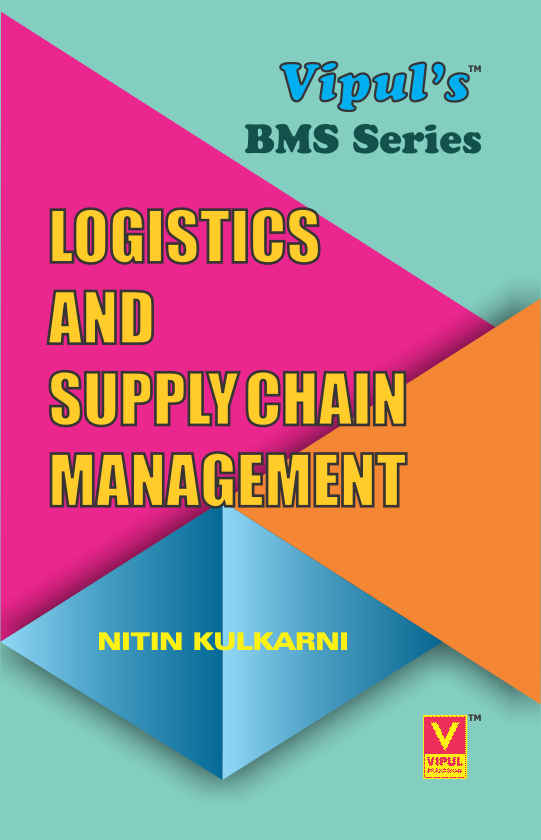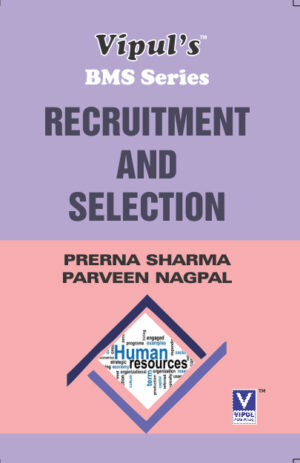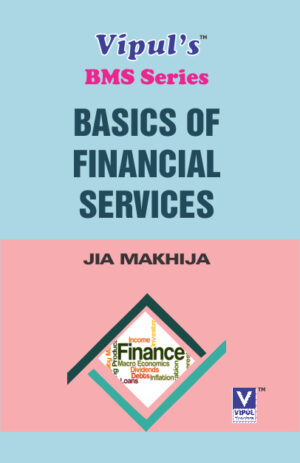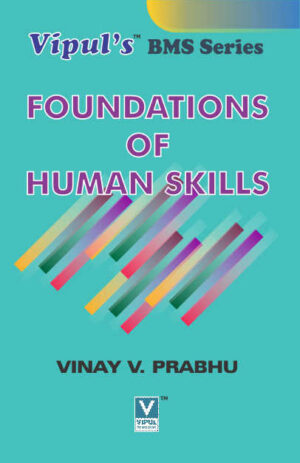Logistics and Supply Chain Management
₹200.00
TYBMS — SEMESTER – V
Author: Nitin Kulkarni
SEVENTH REVISED EDITION 2024
Description
SYLLABUS
(1) Overview of Logistics and Supply Chain Management:
- Introduction to Logistics Management: Meaning, Basic Concepts of Logistics – Logistical Performance Cycle, Inbound Logistics, Inprocess Logistics, Outbound Logistics, Logistical Competency, Integrated Logistics, Reverse Logistics and Green Logistics. Objectives of Logistics, Importance of Logistics, Scope of Logistics, Logistical Functions/Logistic Mix, Changing Logistics Environment.
- Introduction to Supply Chain Management: Meaning, Objectives, Functions, Participants of Supply Chain, Role of Logistics in Supply Chain, Comparison between Logistics and Supply Chain Management, Channel Management and Channel Integration.
- Customer Service: Key Element of Logistics: Meaning of Customer Service, Objectives, Elements, Levels of customer service, Rights of Customers.
- Demand Forecasting: Meaning, Objectives, Approaches to Forecasting, Forecasting Methods, Forecasting Techniques, (Numerical on Simple Moving Average, Weighted Moving Average).
(2) Elements of Logistics Mix:
- Transportation: Introduction, Principles and Participants in Transportation, Transport Functionality, Factors Influencing Transportation Decisions, Modes of Transportation- Railways, Roadways, Airways, Waterways, Ropeways, Pipeline, Transportation Infrastructure, Intermodal Transportation.
- Warehousing: Introduction, Warehouse Functionality, Benefits of Warehousing, Warehouse Operating Principles, Types of Warehouses, Warehousing Strategies, Factors affecting Warehousing.
- Materials Handling: Meaning, Objectives, Principles of Materials Handling, Systems of Materials Handling, Equipments used for Materials Handling, Factors affecting Materials Handling Equipments.
- Packaging: Introduction, Objectives of Packaging, Functions/Benefits of Packaging, Design Considerations in Packaging, Types of Packaging Material, Packaging Costs.
(3) Inventory Management, Logistics Costing, Performance Management and Logistical Network Analysis:
- Inventory Management: Meaning, Objectives, Functions, Importance, Techniques of Inventory Management (Numericals – EOQ and Reorder levels).
- Logistics Costing: Meaning, Total Cost Approach, Activity Based Costing, Mission Based Costing.
- Performance Measurement in Supply Chain: Meaning, Objectives of Performance Measurement, Types of Performance Measurement, Dimensions of Performance Measurement, Characteristics of Ideal Measurement System.
- Logistical Network Analysis: Meaning, Objectives, Importance, Scope, RORO/LASH.
(4) Recent Trends in Logistics and Supply Chain Management:
- Information Technology in Logistics: Introduction, Objectives, Role of Information Technology in Logistics and Supply Chain Management, Logistical Information System, Principles of Logistical Information System, Types of Logistical Information System, Logistical Information Functionality, Information Technology Infrastructure.
- Modern Logistics Infrastructure: Golden Quadrilateral, Logistics Parks, Deep Water Ports, Dedicated Freight Corridor, Inland Container Depots/Container Freight Stations, Maritime Logistics, Double Stack Containers/Unit Trains.
- Logistics Outsourcing: Meaning, Objectives, Benefits / Advantages of Outsourcing, Third Party Logistics Provider, Fourth Party Logistics Provider, Drawbacks of Outsourcing, Selection of Logistics Service Provider, Outsourcing-Value Proposition.
- Logistics in the Global Environment: Managing the Global Supply Chain, Impact of Globalization on Logistics and Supply Chain Management, Global Logistics Trends, Global Issues and Challenges in Logistics and Supply Chain Management.











